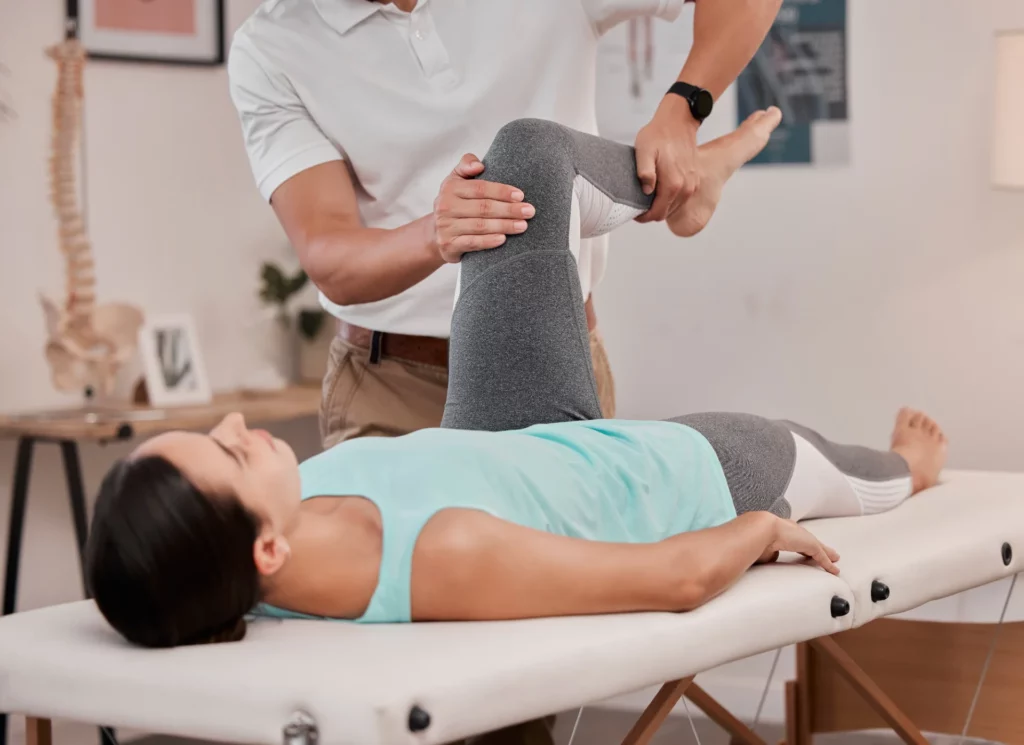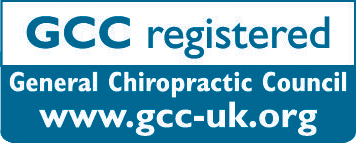 |
“Looking after our own health allows us to enjoy life for as long as possible”. Join us in our 4 part series, where we explore the bare basics of health: Relaxing Moving Sleeping and Eating. This month we will focus on Relaxing. Ed, our soft tissue therapist, gives us his top tips, based on Dr. Chatterjee’s book, The 4 Pillar plan. We hope you enjoy this series with us! |
Do you give yourself enough time to relax? Most people underestimate the importance of relaxing.
Nowadays, life leads us to be constantly in “go mode”, from the moment we wake, our bodies are subjected to considerable levels of stress. Whether it is the school run, the fear of missing the train or the anxiety of skipping a mortgage payment, relaxing is becoming increasingly difficult.
When we are stressed, our bodies respond as if we are under attack, going into a kind of emergency mode; but we are not being attacked by a lion, we are being attacked by our lives.
Cortisol is a hormone produced by our body when stressed, the problem with modern fast-paced life is that far too much cortisol is produced. As cortisol production increases, our body adapts by reducing the level of other hormones. Various systems are affected by this hormonal shift and the results can be an increased heart rate, suppressed digestion and a peak of the immune system.
The general term used to describe when our immune system goes into a peak state is “inflammation”. Our body is not supposed to be in this state for an extended period of time, chronic inflammation can lead to various degenerative diseases, including heart attacks and strokes.
In simple words, not relaxing enough can, and likely will, damage your health.
An easy strategy for relaxation is to set aside 15 minutes each day for me-time. It should not be a reward once you are done with work or chores; you should integrate it into your routine. If necessary, you can even set an alarm to remind you when to pause and take some time for yourself.
Relaxing can take many forms. Maybe go and have a coffee in a nearby café or listen to your favourite piece of music. It is entirely up to you. Whatever you choose, make sure it’s something you do just for you and you alone. Secondly, the activity must not involve your phone, computer or tablet.
And do not feel guilty about taking this time. Your health depends on it.
Another good strategy to relax and take some time off from our fast-paced life is to introduce a digital detox day every week. Some of us, myself included, can find it hard to leave our e-device alone for more than ten minutes. There is always an important tweet, news or email to check that does not allow our brain to switch off.
This is not good. How many times do you go for dinner with your partner or friend, or play games with your children, but you are really not with them? We are so addicted to our smartphones that we even check our work email on our days off.
The first thing you could do is to turn off notifications, allowing you to focus on life and reduce your stress level. Better yet, you could introduce a “device box” at home into which everyone has to leave their phone before meals. You will be surprised by the benefits this will bring. Finally, the best option would be to choose a day, for instance Sunday, when you live completely offline and without screens.
The last piece of advice is to keep a gratitude journal. Every day is a new challenge, and it is easy to feel overwhelmed. Often at the end of the day, we focus on our problems or what went wrong but doing so will be more likely to create more worries rather than solutions. Every night, try to focus on three positive things that have happened to you, it is important that you write them down, perhaps before going to sleep. By doing so you will realise that perhaps the day was not so bad and that we often take things for granted. The more you do this, the better you will feel and your sleep quality also improves.
These were my tips for a more relaxed life, I hope they can help you!
Edoardo





